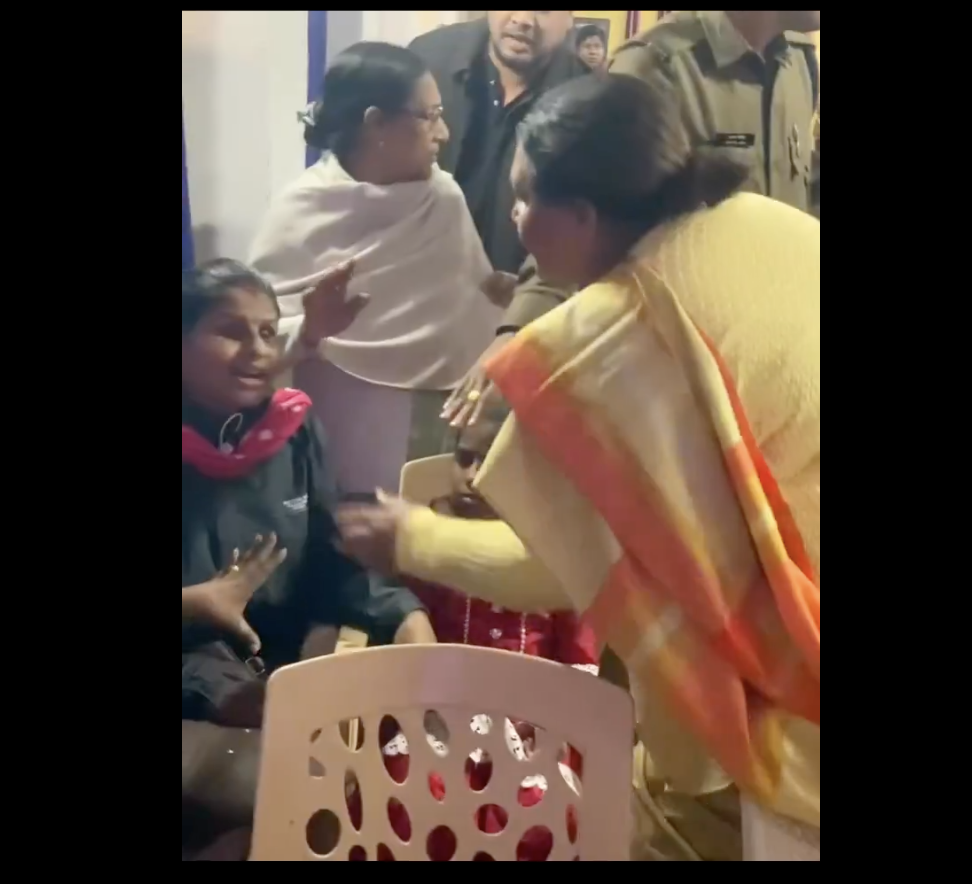
It’s admirable that Narendra Modi puts no premium on English, speaking instead in Hindi at his press conference in London, which no Indian Prime Minister before him has. Atal Bihari Vajpayee, in every other way a far greater man, was strangely diffident on this point: struggling to respond in English to Anglophone interlocutors, he became tongue-tied. Tony Blair once told Manmohan Singh that in 2002, when he had made several trips to Delhi, and George Bush had asked him before one of them why he was going back when he had been there recently, he had said that he had put a question then to Vajpayee, to which he hoped this time to get a reply.
Modi is quick with his responses and – because he speaks in Hindi – precise. We know therefore that when a journalist asked the British prime minister if he was comfortable welcoming a person who for the first two years of his premiership was not permitted to visit Britain because of his record as chief minister of Gujarat, Modi replied that he would “keep the record straight”, he had never been banned from visiting the UK, he had been received warmly and with respect in 2003, and had not been able to visit again as CM because he was busy.
That reply reminded me of a report to the National Human Rights Commission on a man who had been choked to death in custody; the police said that he had died of breathing difficulties, which of course was not untrue.
Truth of the 2003 visit
I was India’s deputy high commissioner to the UK at the time and the truth is a little more complicated. Throughout 2002, after the Gujarat riots, the British media was up in arms, particularly since a family of Indian origin was among the Muslim victims. The Conservatives demanded that the Labour government live up to its claim that it ran an ethical foreign policy, Amnesty and other human rights organisations were on the warpath, the NRIs were split down the middle, and the bilateral relationship came under strain. An enormous amount of the High Commission’s time, and that of the India Desk at the Foreign Office, was spent in trying to contain the damage. L.K. Advani visited in August, briefly disarming the critics by saying that he would not try to defend the indefensible, but Gujarat would not go away because the scale of the atrocity and the indifference of the state government were impossible to ignore.
It was into this simmering discontent that Modi decided in the summer of 2003 that he would immerse himself with a visit to the UK at the invitation of the Gujarati Hindu diaspora.
The British government’s reaction was neither warm nor respectful; it was deeply upset, for a number of reasons. With its Muslim population already embittered over Iraq and the Islamophobia unleashed by the War on Terror, the last thing it wanted was a visitor who would alienate them even more and drive a wedge between its immigrant communities. They would be forced to be critical of the chief minister, to whom they could issue none of the usual courtesies, and this would in turn create a needless niggle in bilateral relations, to which, as the Indian economy boomed, they were paying unprecedented attention.
The Foreign Office therefore made urgent demarches with the Indian High Commission, asking it to convey their government’s anxieties to India, and their request that the chief minister of Gujarat decline the invitation from his supporters in the UK in the larger interest of bilateral relations.
The High Commission completely shared these concerns. Having been in the eye of the storm from 2002 – and knowing from its engagement with the diaspora just how deeply divisive this visit would be, and how toxic its fallout on bilateral relations – sent a strong recommendation to the Ministry of External Affairs that the chief minister be advised against the visit. It was told the external affairs minister agreed that it would be best for him not to go, but that his advice had been brushed aside by Modi.
This story was originally published in thewire.in. Read the full story here






